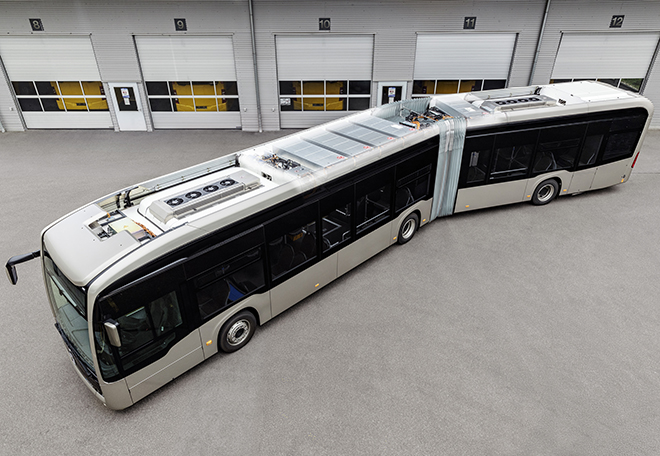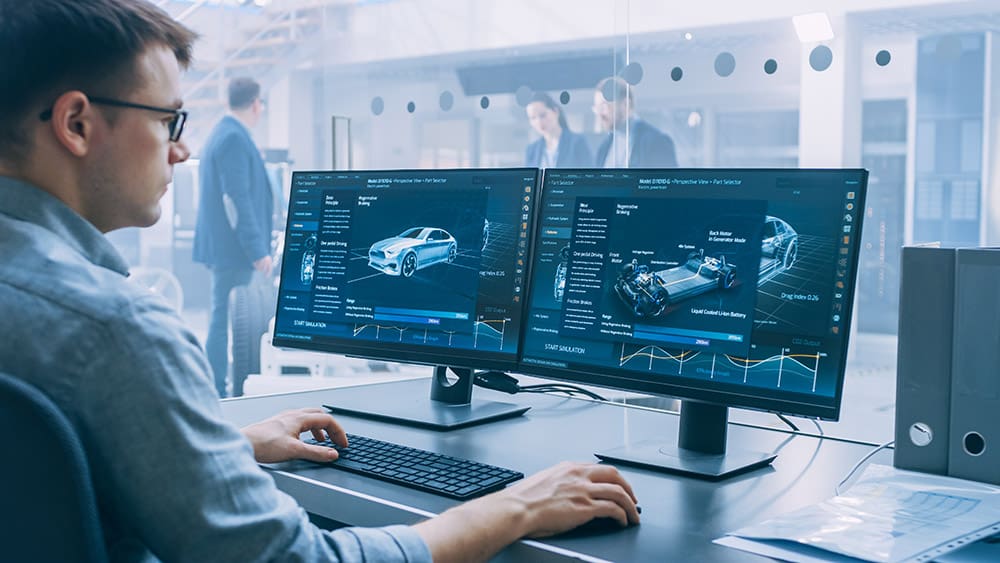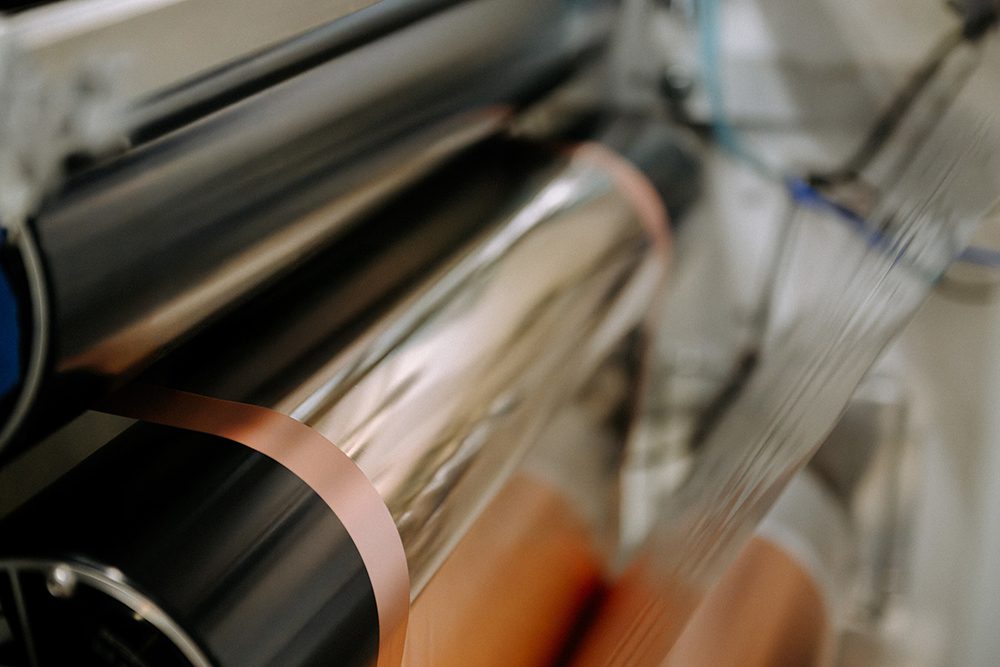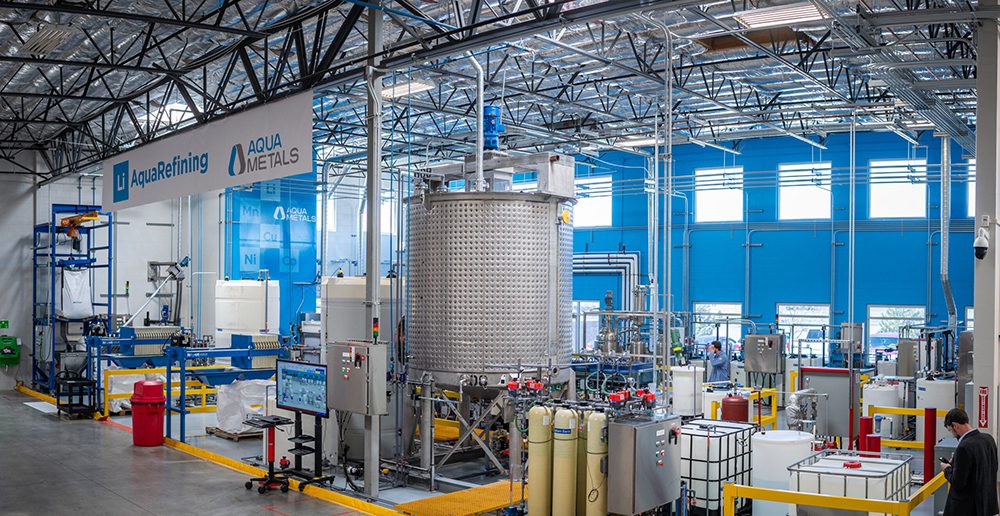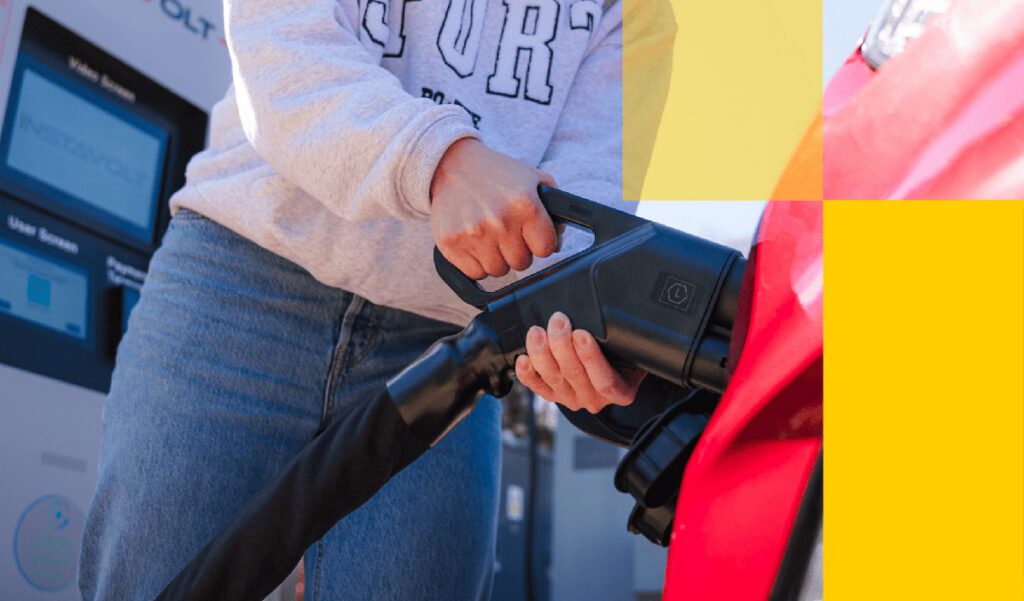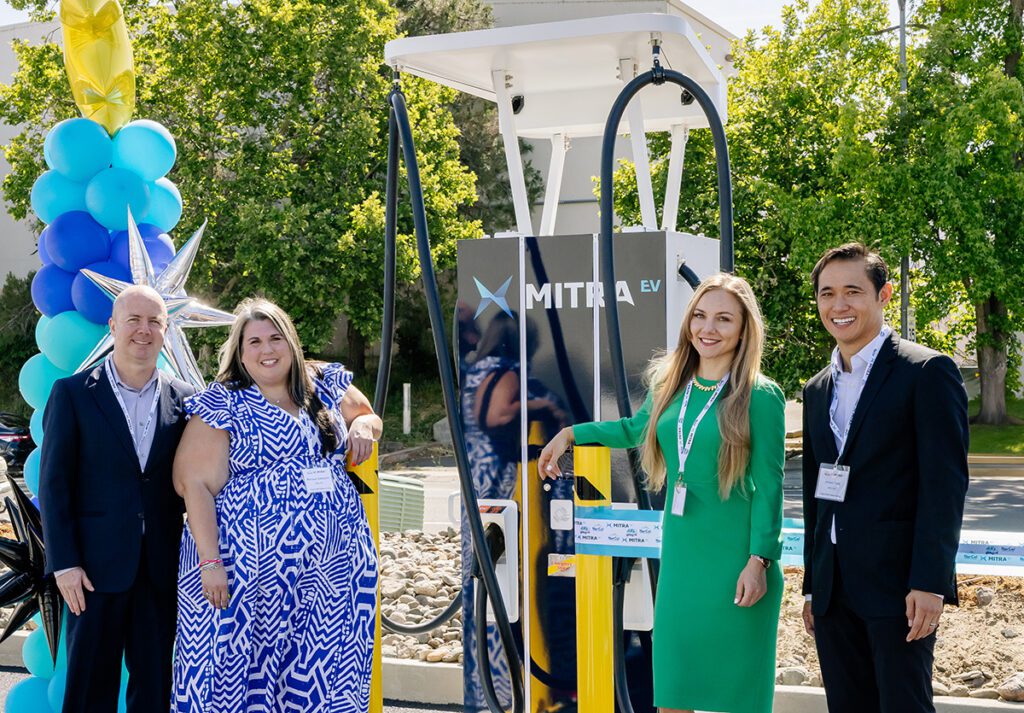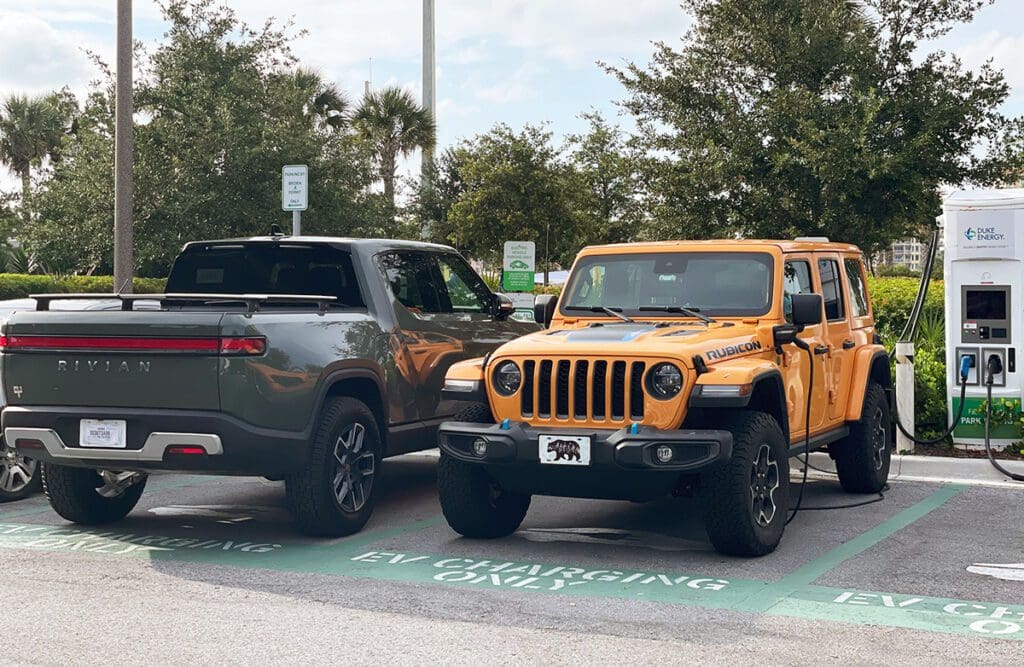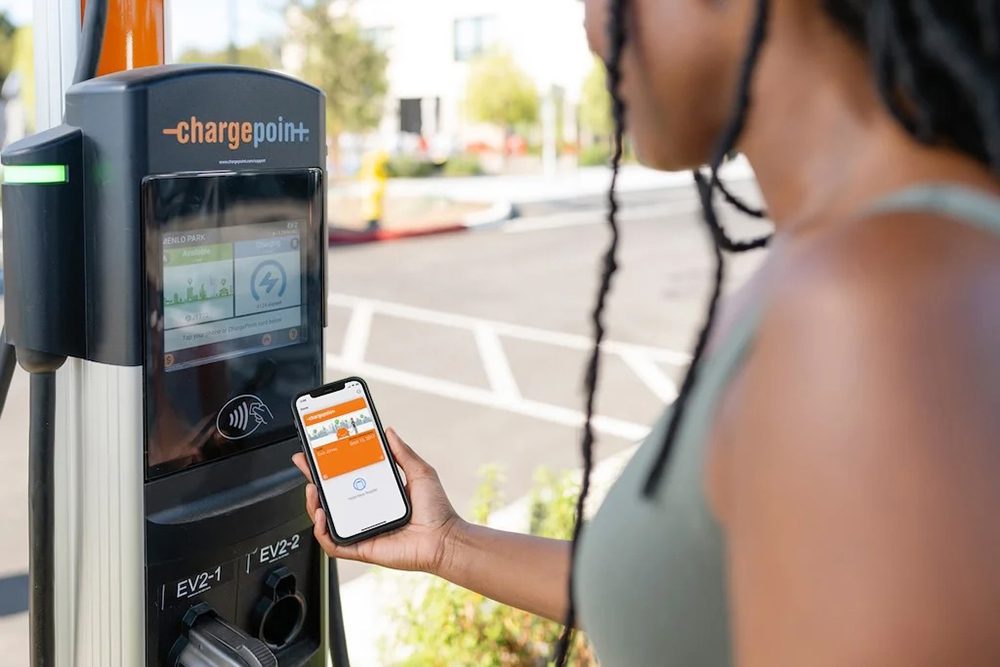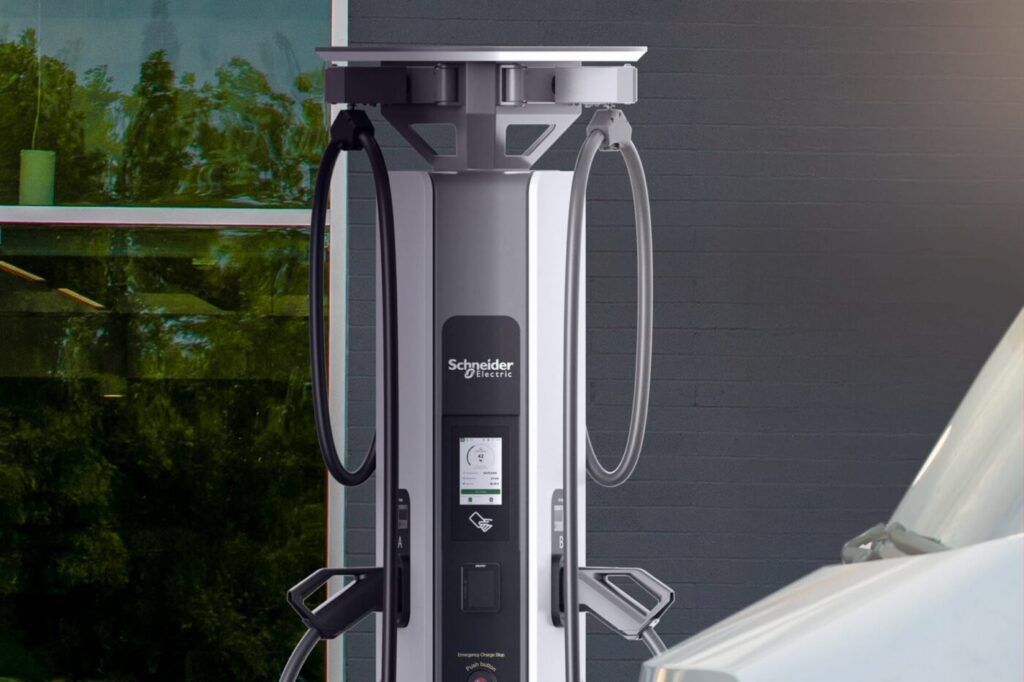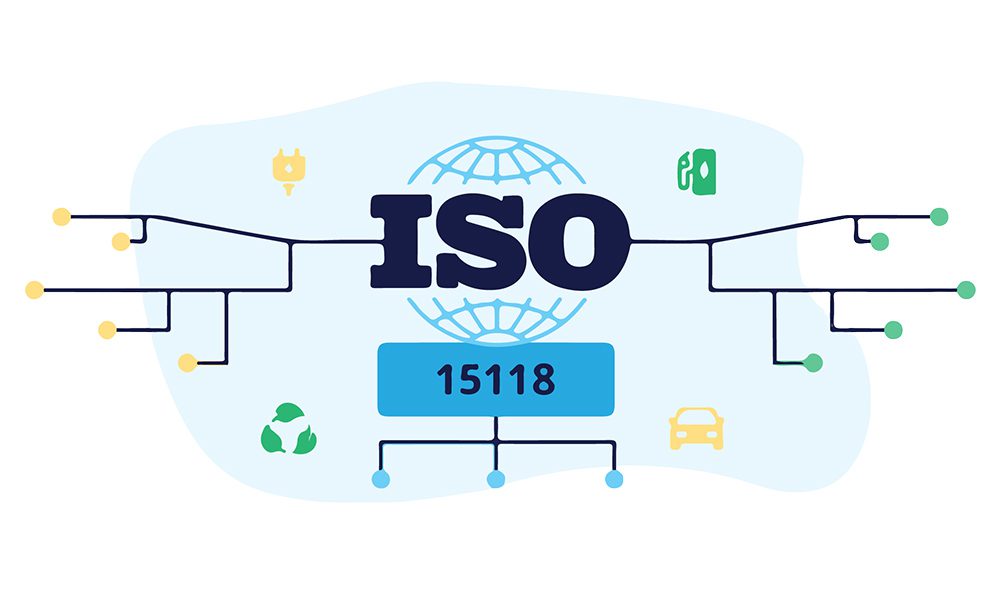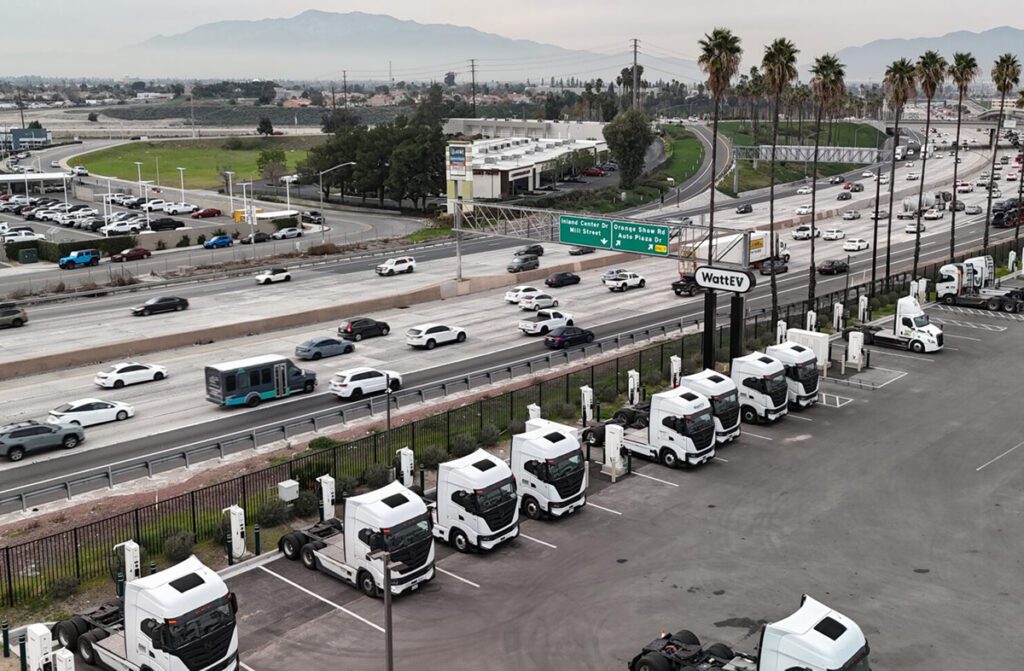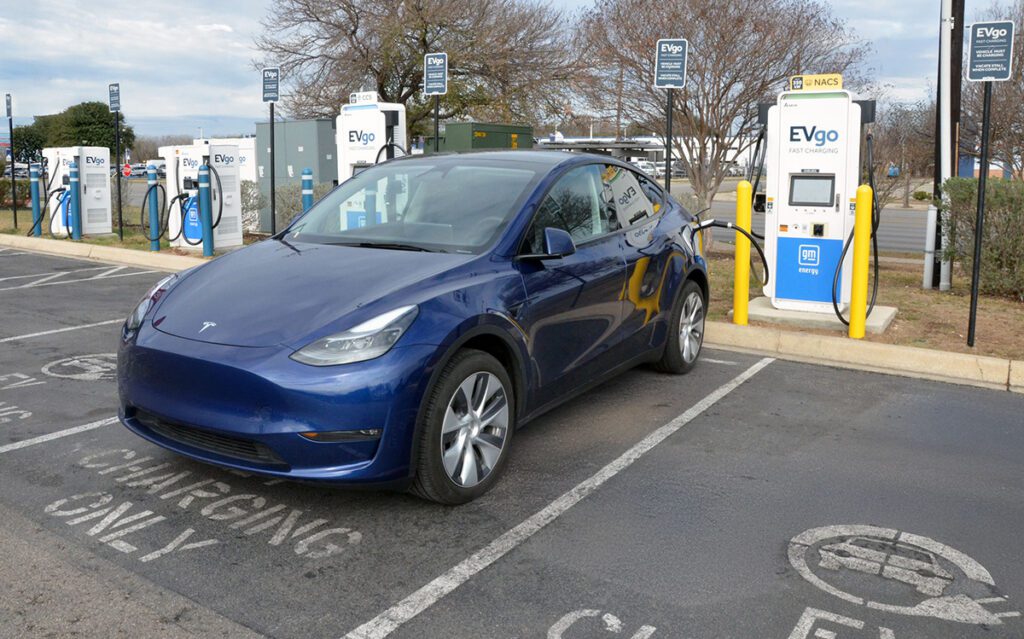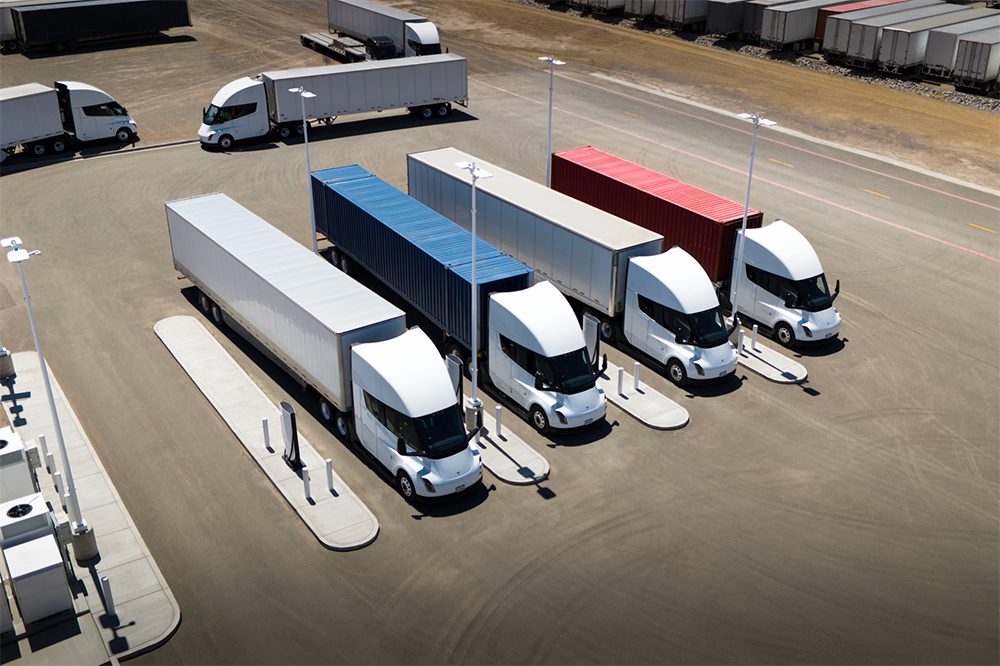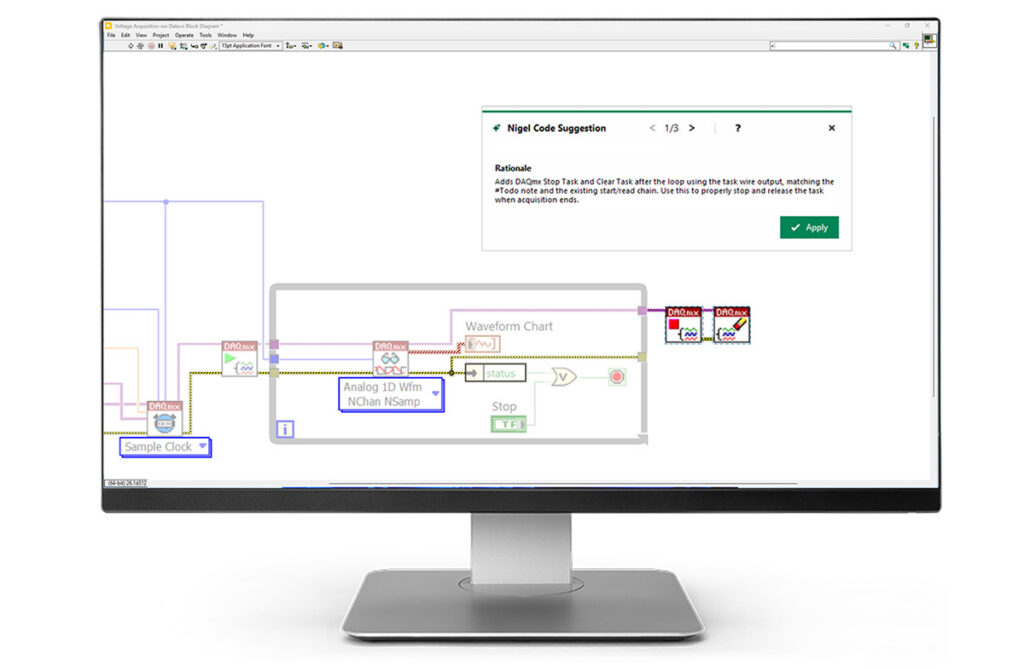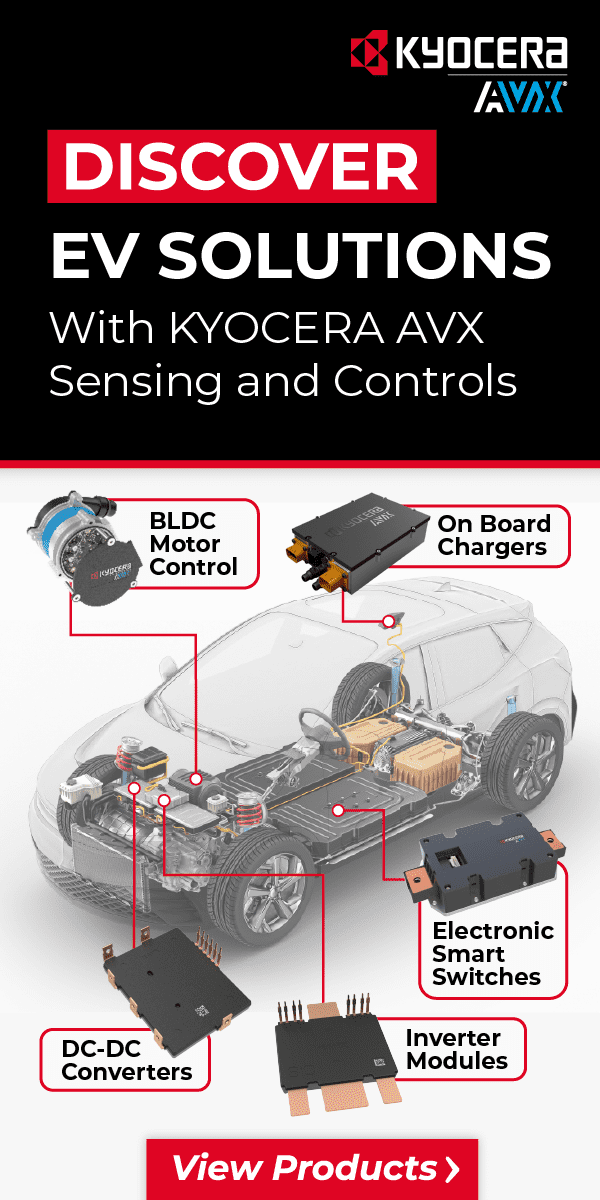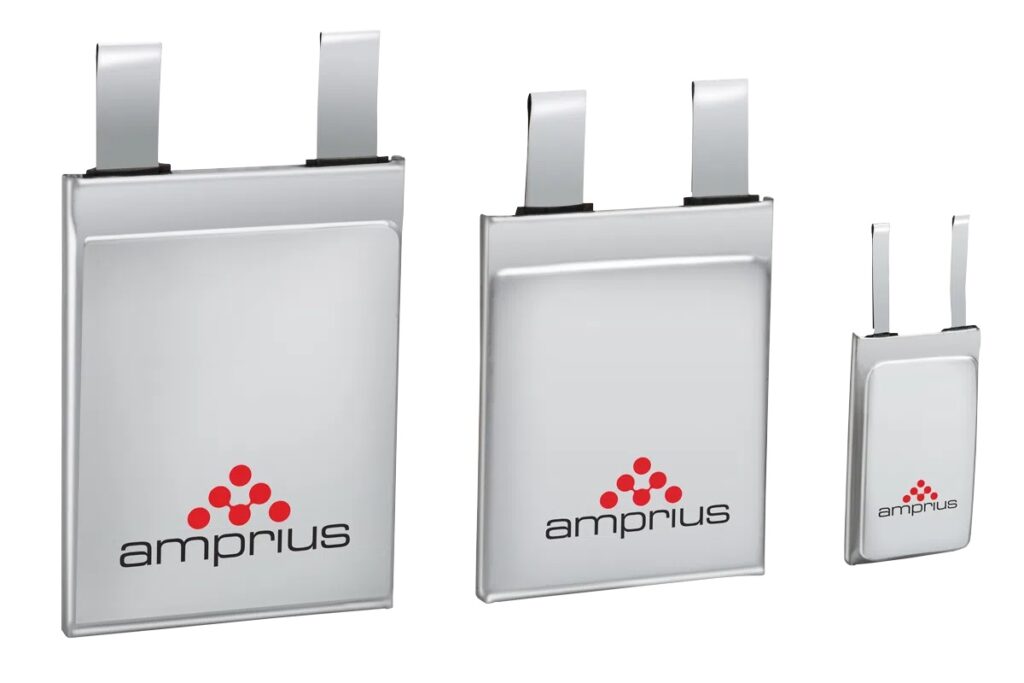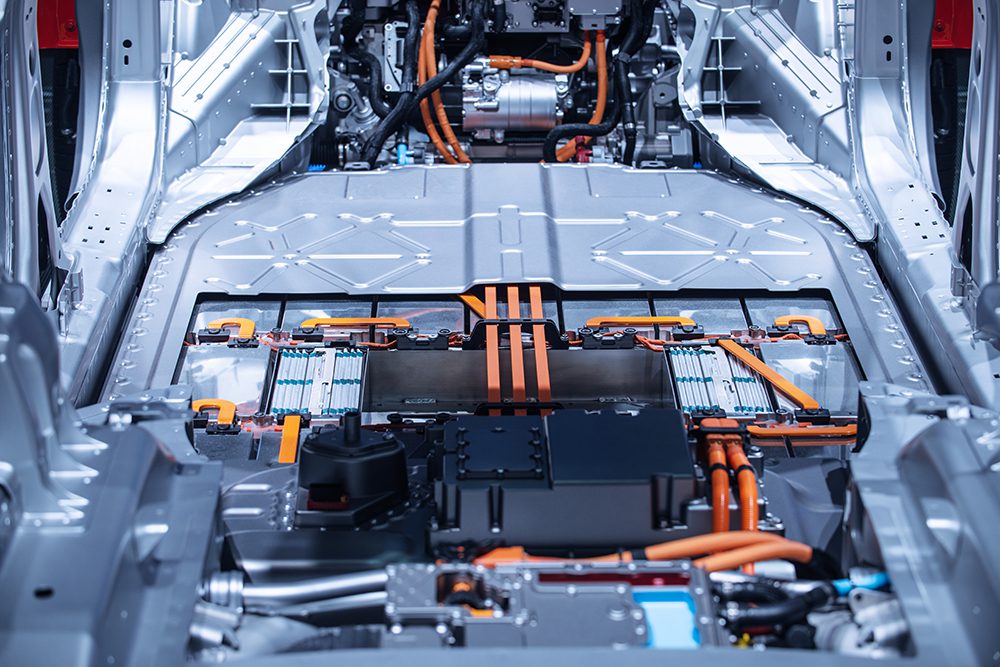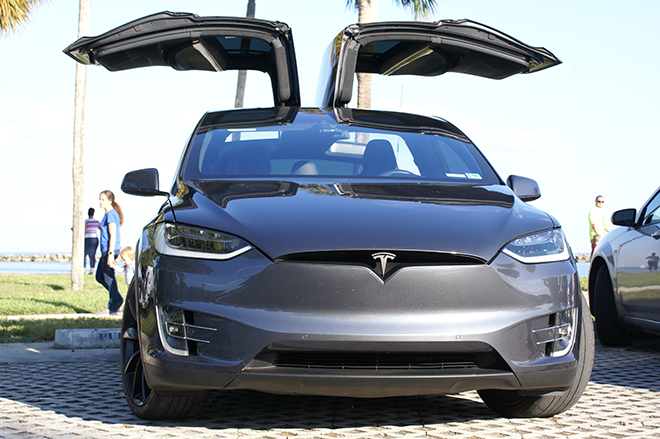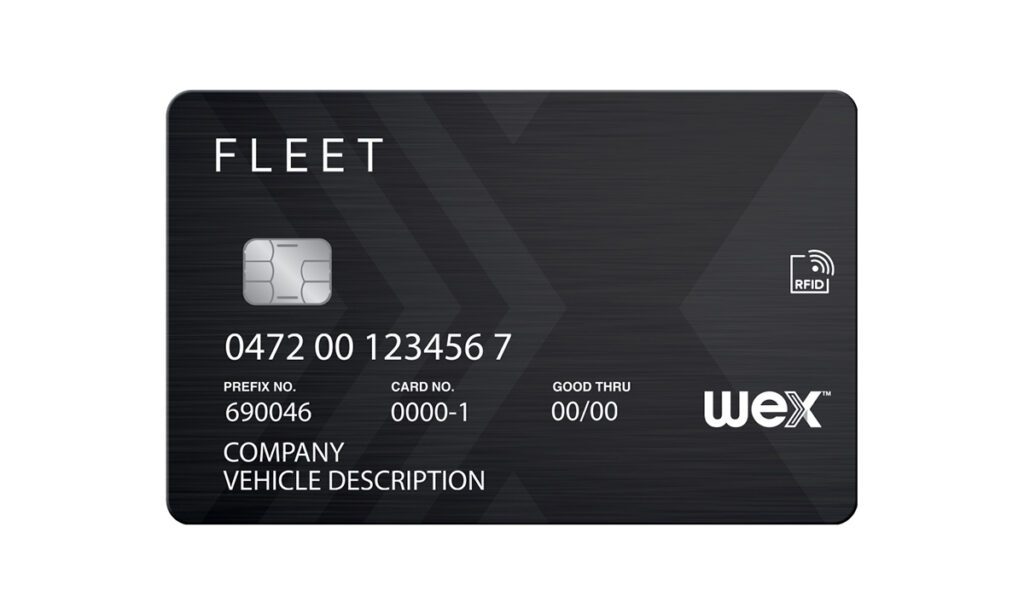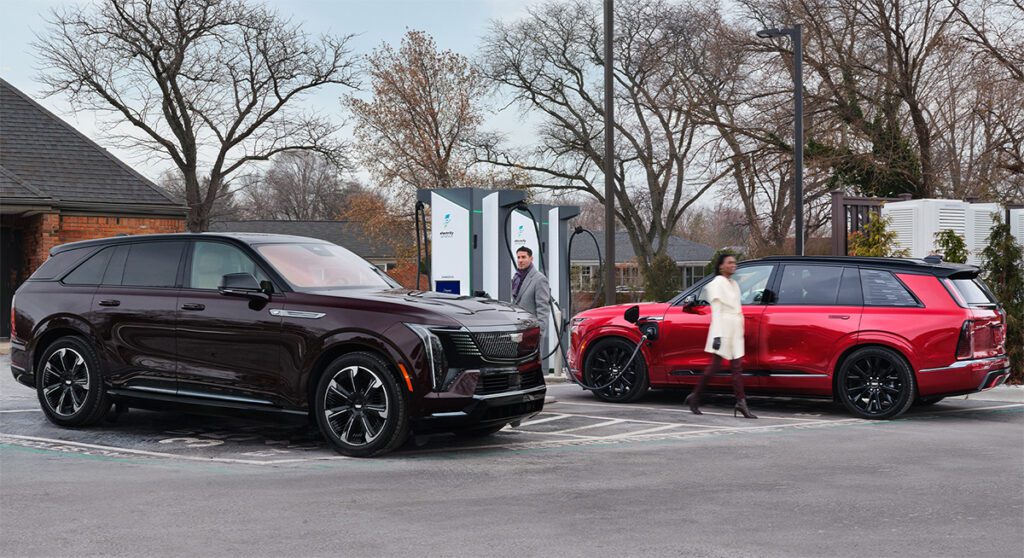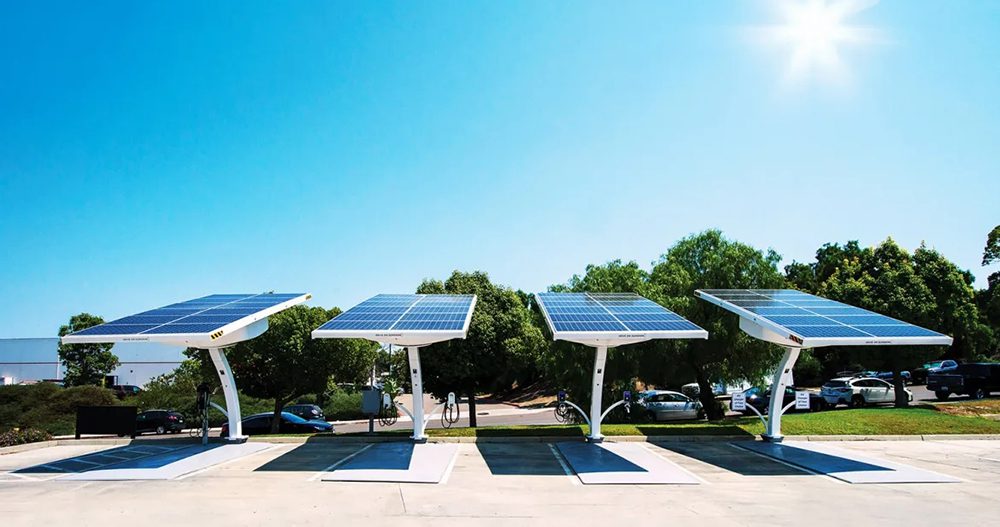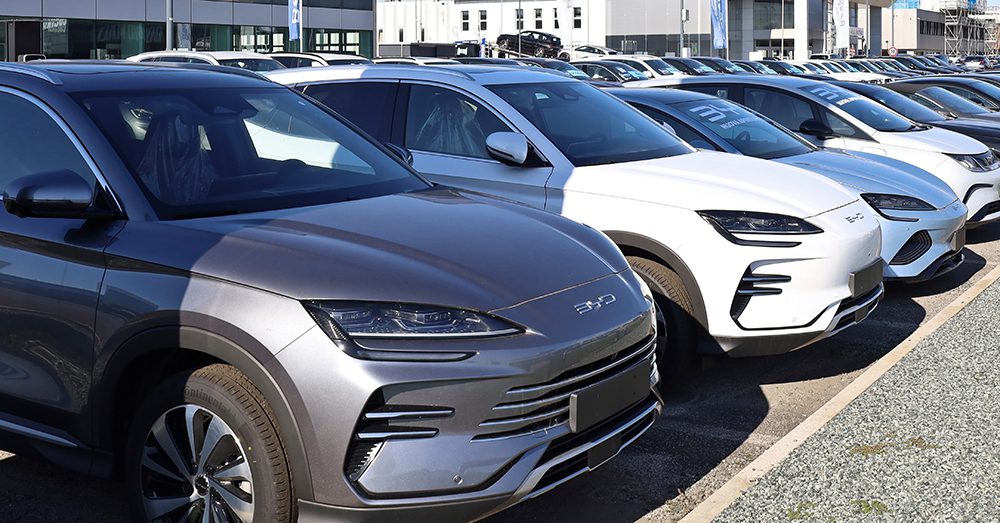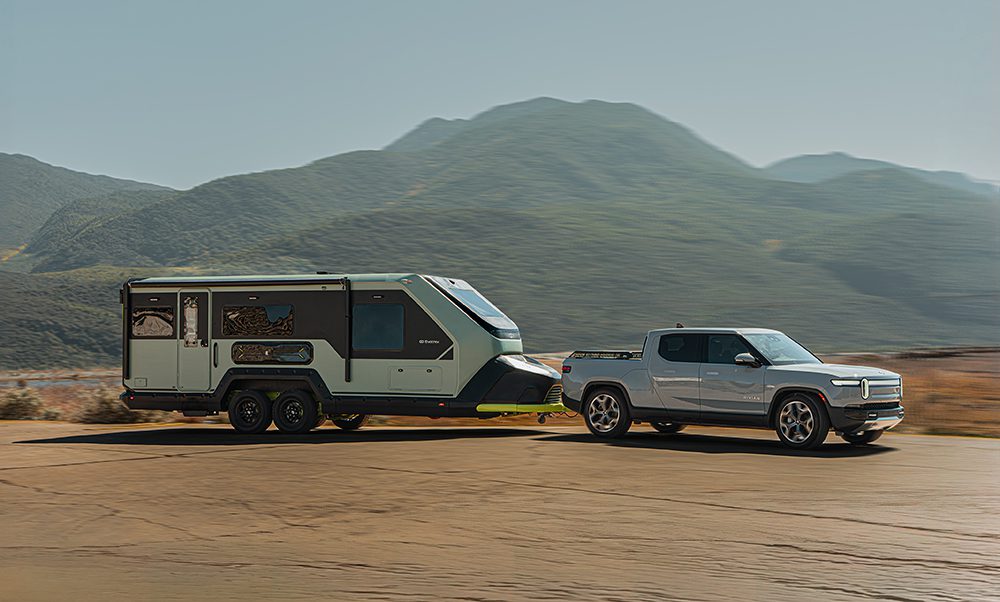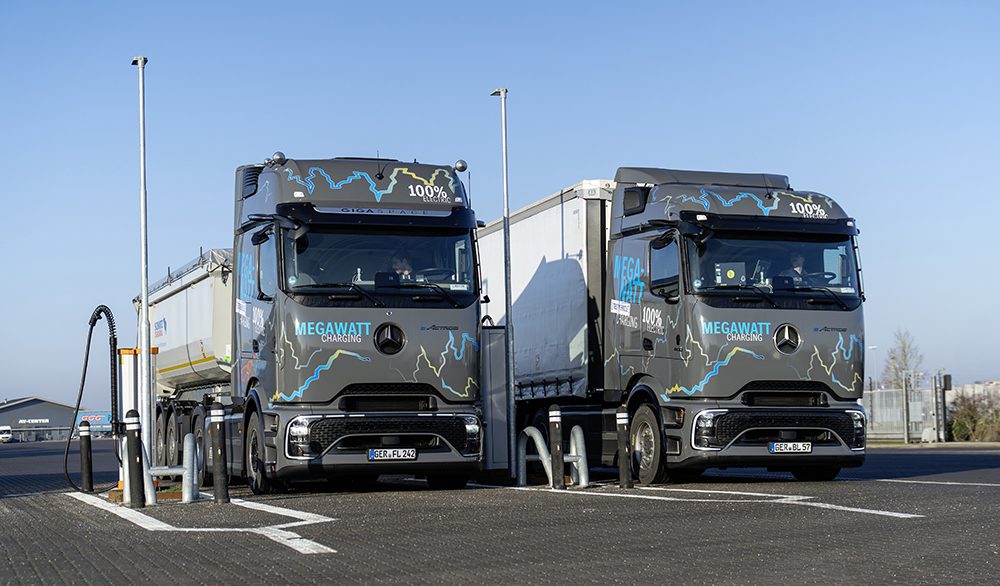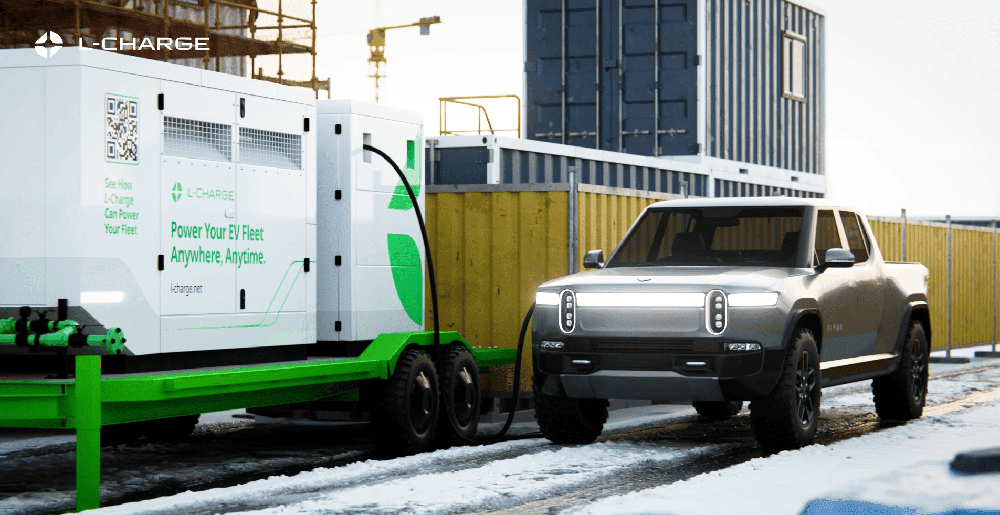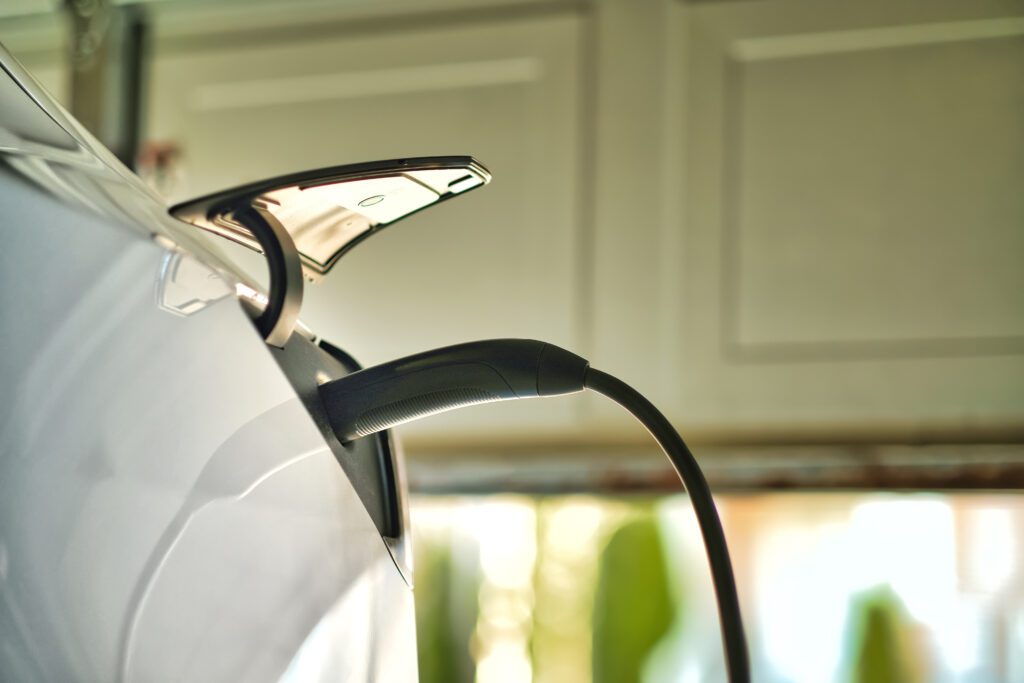Scientists around the world are hard at work on solid-state batteries, which could offer significant technical and safety advantages over current lithium-ion designs. However, while micro-solid-state batteries are already in commercial use in some applications, most experts believe that large-scale automotive solid-state batteries are still years away from commercialization.
Apparently, Mercedes didn’t get the memo, because the company is already using solid-state battery tech in a new version of its eCitaro electric transit bus.
“In general, vehicles with solid-state batteries as standard were not expected until the middle of this decade,” says the company. “Mercedes-Benz is faster: the new eCitaro G is the first series production city bus in its category anywhere in the world to be equipped with solid-state batteries.”
Mercedes will make its articulated eCitaro G buses available with optional solid-state batteries as an alternative to traditional lithium-ion batteries. The company says the solid-state batteries deliver a longer service life and a 25% improvement in energy density compared to the latest Li-ion cells.
In the eCitaro G, the solid-state cells make up a battery pack (divided into five roof-mounted modules) with a capacity of 441 kWh, compared to 396 kWh for a lithium-ion pack. Range is estimated at 136 miles in average conditions, or 105 miles in winter with the heater running, an improvement of approximately 10 percent compared to the Li-ion option. The solid-state pack is also expected to have a longer lifespan—Mercedes warranties the solid-state battery pack for 10 years, or 280 MWh of energy throughput.
There is a trade-off, however. According to Mercedes, its solid-state batteries are “restricted in their fast-charging capacity” compared to its Li-ion battery pack option.
Sources: Daimler, Autoblog, Green Car Reports







